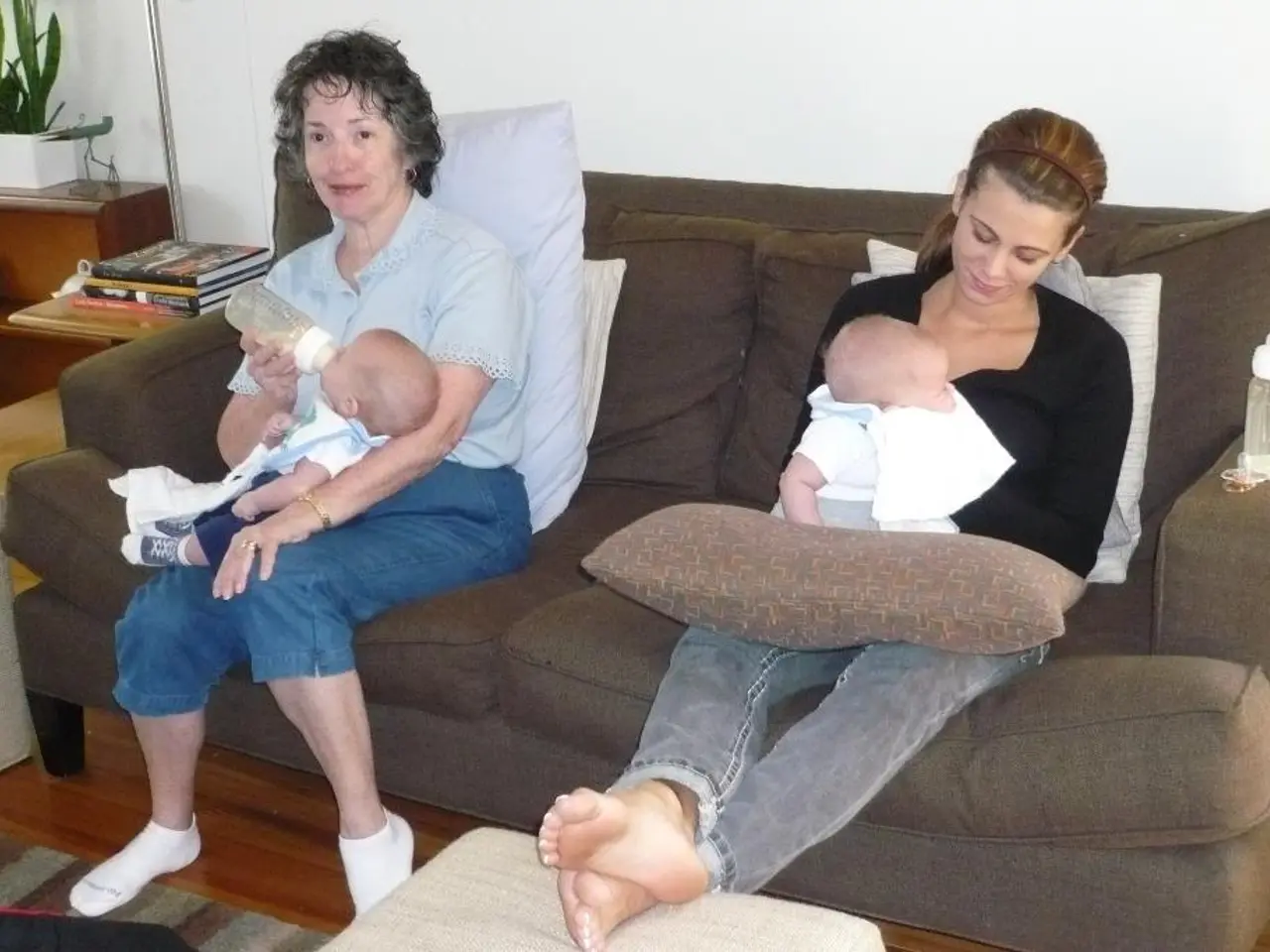Discontent voiced by patient advocates: Minimal alleviation observed in home care services
In an effort to address the ongoing shortage of relief offerings for home care in Germany, the Ampel reform - a recent policy change led by the coalition government consisting of the SPD, Greens, and FDP - has been implemented. This reform aims to make support services for respite care more accessible, starting from July 1st.
However, the current shortages in relief offerings for home care primarily stem from a significant lack of healthcare and nursing professionals. Germany faces a growing deficit of skilled healthcare workers, including those in home care, due to demographic pressures such as an aging population and many professionals retiring. As of 2024, there were over 47,000 unfilled healthcare positions nationwide, reflecting a widespread staffing crisis in hospitals, nursing homes, and home care services.
To partly address these shortages, Germany has increasingly relied on recruiting healthcare workers from abroad, notably from countries like the Philippines through initiatives such as the 'Triple Win' program. However, while this helps fill vacancies, it also poses challenges, including language barriers and the risk of exacerbating healthcare labor shortages in the source countries.
In response to these challenges, the Ampel reform has sought to tackle some aspects of the healthcare workforce crisis by introducing measures that ease immigration and recognition of foreign qualifications to attract international healthcare professionals more efficiently. This includes easing visa regulations for healthcare workers, implementing a points-based immigration system to better select skilled migrants, and accelerating the recognition process of foreign professional credentials.
Despite these efforts, experts warn that initiatives like extending pensions or minor adjustments alone will not fully resolve labor shortages, including in home care. The shortage of skilled workers remains a structural issue requiring comprehensive strategies beyond immediate recruitment and immigration reforms.
Caregivers can potentially receive up to 3,539 euros per year in support for respite care, following the Ampel reform. However, the availability of short-term care places in nursing homes remains limited, and respite care availability is particularly scarce when caregivers are absent.
Eugen Brysch, the CEO of the German Foundation for Patient Protection, supports the expansion of respite care services in nursing homes. The foundation has been actively advocating for long-term policy and education initiatives to stabilize the workforce supply in home care.
In summary, while the Ampel reform has implemented measures to improve international recruitment and qualification recognition, the shortages in home care relief offerings in Germany remain a significant challenge. The ongoing reforms aim to address these issues, but long-term policy and education initiatives will be necessary to fully resolve the labor shortages in home care.
- To supplement the inadequate supply of healthcare professionals in home care, the foundation led by Eugen Brysch of the German Foundation for Patient Protection has advocated for long-term policy and education initiatives.
- Aside from the ongoing efforts to improve international recruitment and qualification recognition through initiatives like the 'Triple Win' program, other strategies are also needed to resolve labor shortages in home care and healthcare in general.
- The Ampel reform is not only focused on easing immigration and recognition of foreign qualifications for healthcare workers; it also aims to encourage various career opportunities in the health-and-wellness sector, fostering future growth in the fitness-and-exercise and nutrition industries.
- In addition to addressing labor shortages, the Ampel reform has attempted to address the concerns of caregivers by establishing support programs for respite care – offering up to 3,539 euros per year for short-term care placement in nursing homes. Still, the availability of these places remains limited.






